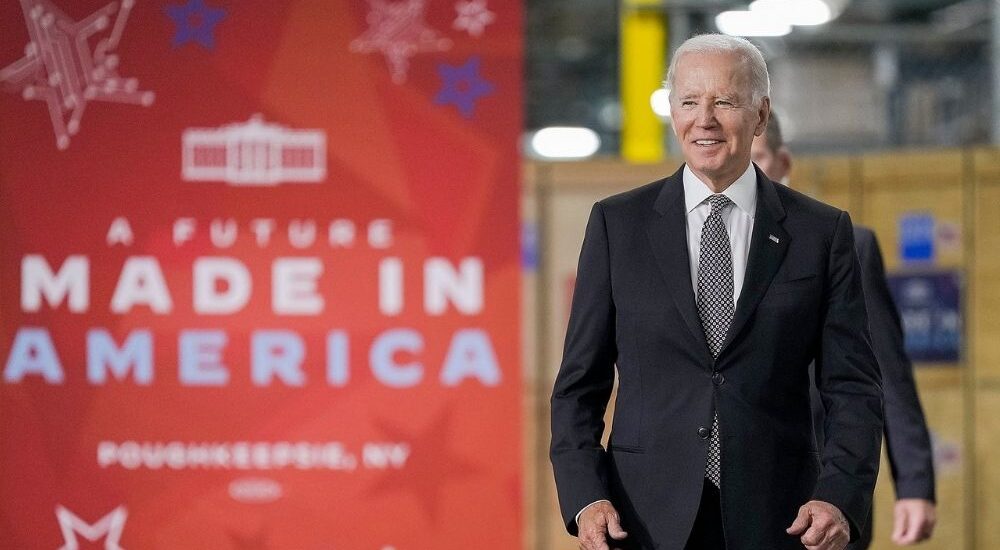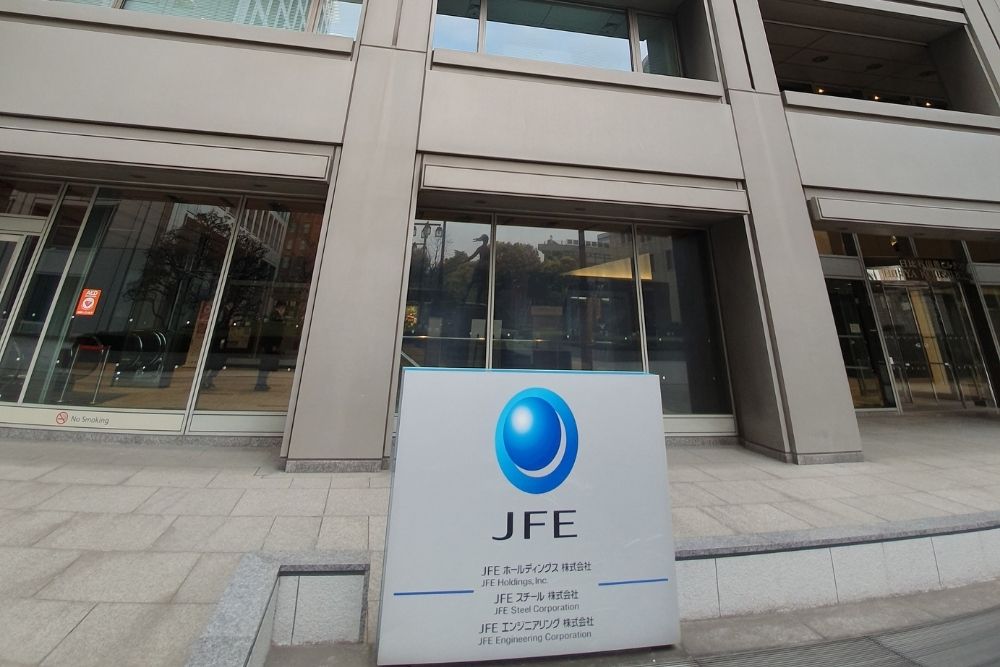U.S. announces $238 million funds under the CHIPS and Science Act
- September 21, 2023
- Posted by: Quatro Strategies
- Categories: AI & Semiconductors, Sanctions & Regulation, United States

The U.S. Deputy Secretary of Defense, Kathleen Hicks, has announced a significant award of $238 million under the “Creating Helpful Incentives to Produce Semiconductors (CHIPS) and Science Act”. The funding will be allocated for the establishment of eight Microelectronics Commons (Commons) regional innovation hubs. This marks the largest award to date under President Biden’s CHIPS and Science Act.
The focus of the Microelectronics Commons is to bridge and accelerate the transition from lab to production, addressing the critical gap between research and development and actual production. The CHIPS Act is aimed at boosting America’s ability to prototype, manufacture, and produce microelectronics at scale.
The program envisions supporting innovation in critical technology areas essential to the Department of Defense (DoD) mission, including secure edge/Internet of Things (IoT) computing, 5G/6G, artificial intelligence (AI) hardware, quantum technology, electromagnetic warfare, and commercial leap-ahead technologies.
The awarded hubs are distributed across different states and regions in the United States, with a significant number of participating organizations. These hubs will play a vital role in accelerating hardware prototyping and the transition of semiconductor technologies from the lab to production, ultimately enhancing access to cutting-edge microchips for the armed forces. This initiative aligns with the DoD’s Replicator initiative, focusing on all-domain, attritable autonomous systems.
Additionally, the hubs are expected to have a positive impact on the economy, fostering economic growth and developing necessary infrastructure to support research and development in microelectronics. The goal is for the hubs to become self-sufficient within their initial five-year awards.
The Microelectronics Commons program is a significant step towards strengthening domestic semiconductor capabilities, mitigating supply chain risks, and ensuring that the U.S. military has access to state-of-the-art microchips for various applications crucial to national security.
By QUATRO Strategies International Inc.
QUATRO Strategies International Inc. is the leading business insights and corporate strategy company based in Toronto, Ontario. Through our unique services, we counsel our clients on their key strategic issues, leveraging our deep industry expertise and using analytical rigor to help them make informed decisions to establish a competitive edge in the marketplace.
Interested in learning more?
Sign up for Top Insights Today

Top Insights Today delivers the latest insights straight to your inbox.
You will get daily industry insights on
Oil & Gas, Rare Earths & Commodities, Mining & Metals, EVs & Battery Technology, ESG & Renewable Energy, AI & Semiconductors, Aerospace & Defense, Sanctions & Regulation, Business & Politics.



